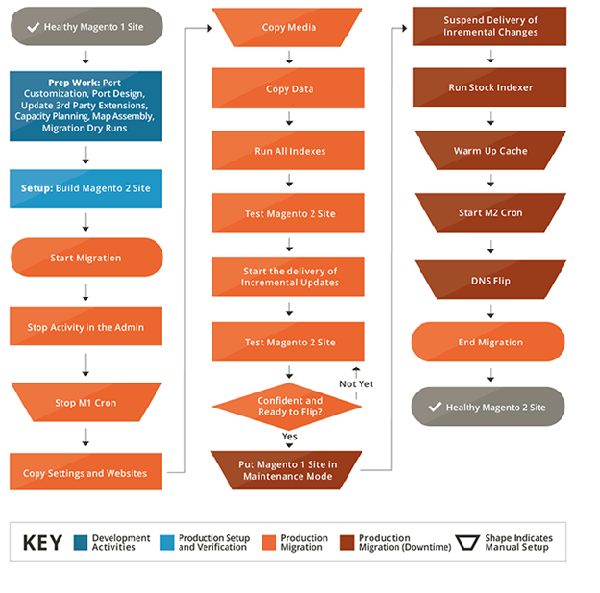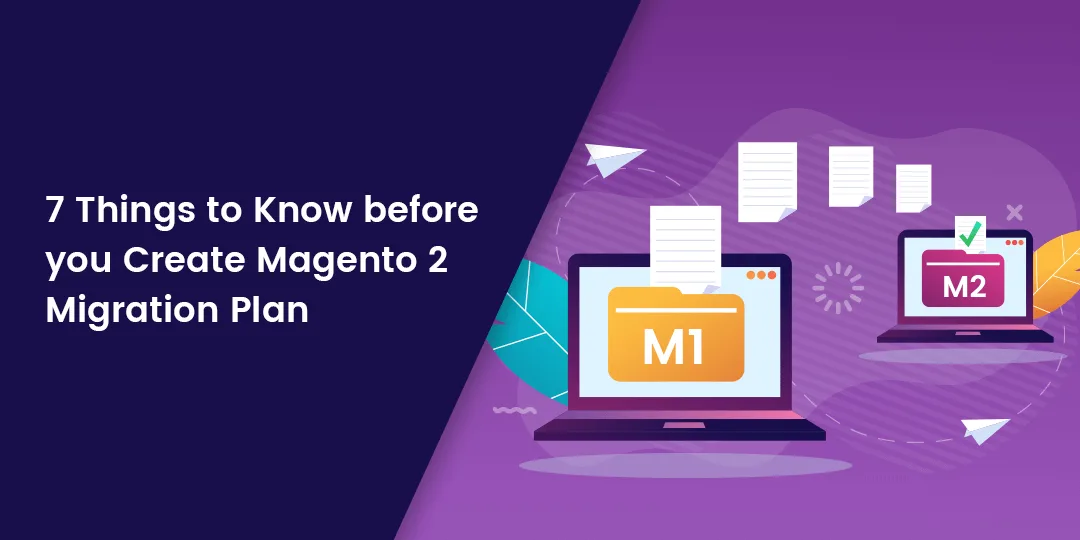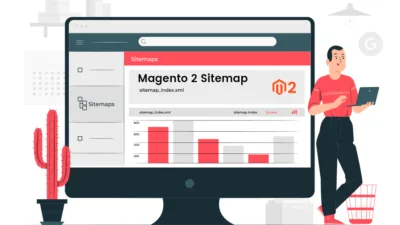Hello Magento Friends,
Magento 1 has announced the end of support in June 2020 and numerous merchants have already migrated to Magento 2. In this article, I will discuss 7 Things to Know before you Create Magento 2 Migration Plan.
If you have not yet migrated to Magento 2, it’s time to plan for the Magento 2 migration. Not just because, Magento 1 has ended its support, but there are other advantages as well.
There is a lengthy list of benefits available for Magento 2 Migration:
- Improvement in core performance.
- Faster processing and improved site load time.
- Enhancements in UX design for admin.
- Fully responsive with touch-friendly UX.
- Less requirement for third-party extensions.
- Facilitate customization so it is cost-effective.
- Simplified checkout process.
- Improved security.
- Increased scalability with the split database.
- Option for self-hosting available.
7 Things to Know before you Create Magento 2 Migration Plan:
The advantages of migrating to Magento 2 cannot be overlooked. However, there are some key things to be taken into consideration before creating Magento 2 Migration plan.
1. Create a Migration Plan
As migration is difficult, it is important to create a migration plan that lists all the steps from concept to completion. Magento provides a flowchart that lists all the important elements charted to get you started.

2. Analyze the Required Functionalities for Code Cleanup
It will be worth analyzing the functionalities before migration to save cost and time. Delete unwanted functionalities you might have added with your Magento 1 site. Removing redundant functionalities will help to reduce cost as well as time for migration.
3. Check Extension and Code Migration
For Magento 2 migration, you need to check the compatibility. It happens that the extension used in Magento 1 may not be compatible with Magento 2. The code migration tool is available to migrate your custom code. You need to recreate extensions and themes as well for Magento 2.
4. Migrating Data in Magento 2
Magento 2 has a data migration tool to transfer your product data and customer data. The data migration tool will help to track the entire data transfer process, verify the tests and create logs if any issue occurs with the data migration.
5. Importing Media Manually
All data cannot be migrated automatically. Media files like audio or video need to be manually migrated to Magento 2. Other files that need manual migration include admin user account, access control lists, and storefront design. Working with a professional Magento developer is the best option for manual migration.
6. Review SEO and Technical Optimization
Before migration, you need to go through the entire SEO checklist to avoid any pitfall for your store visibility and rankings.
Check the following optimization points:
- SEO-friendly URLs for products and categories.
- Meta tags for products and categories.
- Canonical tags for products and categories.
- Images are optimized.
- On-page content is optimized.
- Internal links are active.
- Rich snippets and micro-data are used properly.
7. Work with Experienced Developers
There are possibilities that you come across some issues with Magento 2 migration. So it is advisable to work with experienced and certified developers to help you fix the problems.
Wrap-up:
The best way to keep your store flexible and competitive is by migrating to the newest Magento 2 version. The new version will bring in native functionalities and features to your store for enhanced performance.
Share the article via social media and stay connected with us!
Happy Reading!








